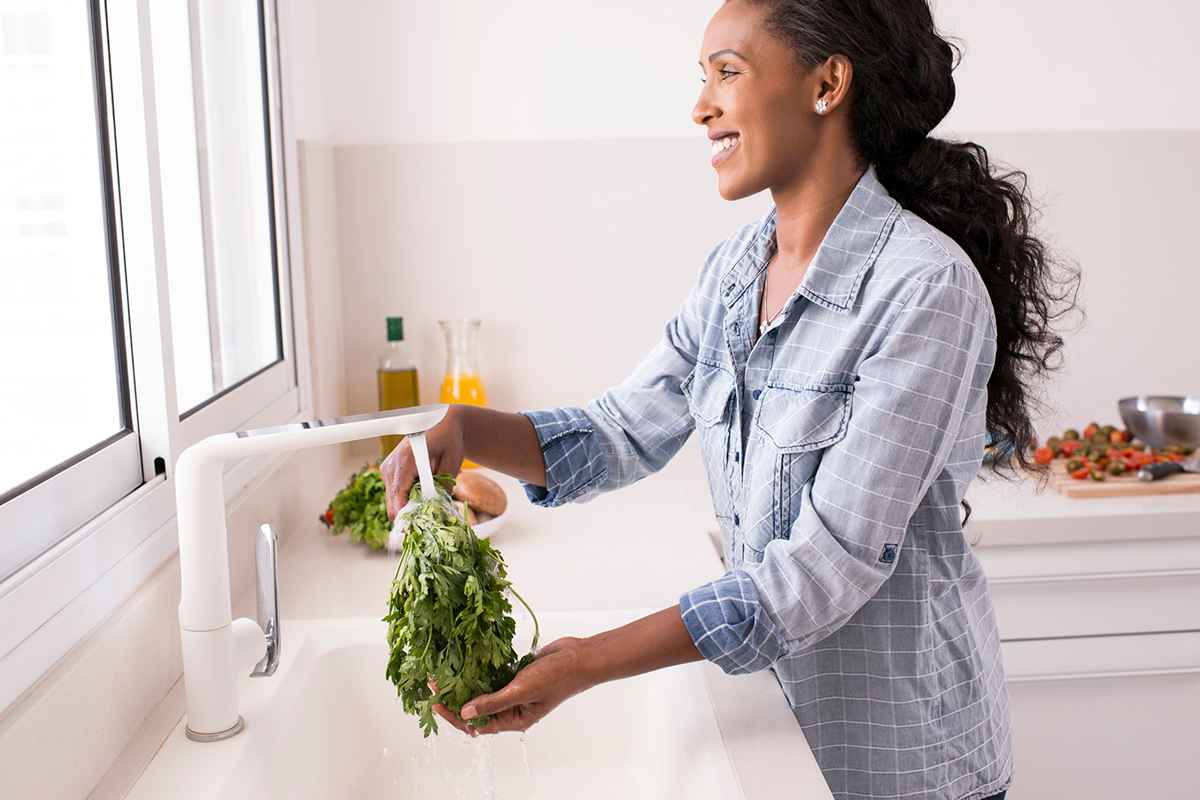Food poisoning is a common yet preventable condition that arises from consuming contaminated foods or beverages. It’s caused by bacteria, viruses, or parasites contaminating the food. Symptoms can range from mild discomfort to severe illness, and in some cases, it can be life-threatening.
Understanding how to prevent food poisoning is crucial for maintaining good health.
Shopping Tips
When shopping for food, you want to keep the following things in mind:
- Inspect fresh produce – When buying fruits and vegetables, ensure they are free from bruises or damages. Bacteria can easily thrive in these areas.
- Be cautious with animal products – Meat, poultry, and seafood should be bought last during your grocery trip to minimize the time they spend at room temperature. Ensure they are properly sealed to avoid cross-contamination with other groceries.
- Check expiry dates – Always look for the expiry or best-before dates on packaged food items. Avoid purchasing anything that’s past its date.
Safe Food Storage
As for storing your food, here are some tips you should follow:
- Temperature control – Keep your refrigerator below 40°F (4°C) and your freezer at 0°F (-18°C). This slows down the growth of harmful bacteria.
- Separate raw and cooked foods – Store raw meat, poultry, and seafood separately from other foods to prevent cross-contamination. Use separate containers for these items.
- Prompt refrigeration – Perishable items should be refrigerated or frozen immediately after purchase or use. Don’t leave perishable foods out for more than 2 hours.
- Regular cleaning – Clean your refrigerator regularly to prevent the buildup of bacteria. Spills, especially from raw meat juices, should be cleaned immediately.
Preparation and Cooking:
To avoid food poisoning during food preparation, it’s worth keeping these things in mind:
- Wash hands and surfaces – Always wash your hands with soap and water before and after handling food, particularly raw meat. Clean kitchen surfaces and utensils after each use.
- Cook your food thoroughly – Cook meats to the right temperature to kill harmful bacteria. Use a food thermometer to ensure meats have reached a safe internal temperature.
- Avoid cross-contamination – Use separate cutting boards for raw meat and other foods. Don’t reuse marinades used on raw foods unless you boil them first.
- Reheating leftovers – When reheating leftovers, ensure they reach 165°F (74°C). Stir food occasionally to even out the heat.
Conclusion
Preventing food poisoning is largely about good shopping, storage, and cooking habits. By following these straightforward guidelines, you can significantly reduce the risk of foodborne illnesses.
Remember, when in doubt, it’s safer to throw it out. This approach ensures the safety and health of everyone who shares in your meals.

